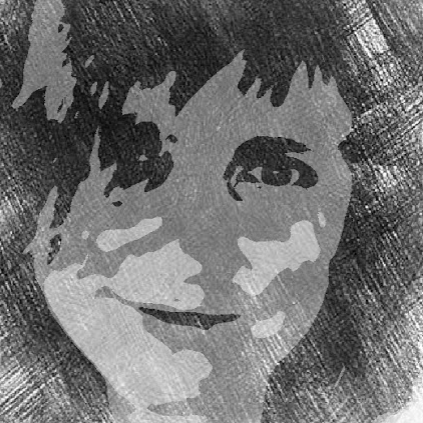
Brendan de Graaf is a down-to-earth type. When the Netherlands went into lockdown, it was immediately clear to him that the business would come to a standstill for a while. He had to cancel appointments and call off assignments. “But that was no reason for me to panic. I’m already a bit older and have been through a lot. When you start a business, you know you have to work hard and have to be able to deal with setbacks. I was already used to sailing high in the wind. Now, in these uncertain times, I’m doing that even more intensely than we already did.”
De Graaf is also restrained about the help that one of the shareholders, EIT InnoEnergy, offers its start-up Lyv. “Entrepreneurs and investors must help each other out. EIT InnoEnergy has 250 start-ups in its portfolio that are falling in value due to this crisis. They are also seeing a decline in assets. That’s what you have with start-ups: They offer great opportunities but also high risk. For an investor that is also unnerving. But as an entrepreneur I say: Help is welcome, but we really have to do it ourselves. That’s what you’re an entrepreneur for.”
New construction project postponed
De Graaf is founder of the start-up Lyv which offers solutions for the best possible use of renewable energy to organizations such as business clusters, energy suppliers and housing companies but also individuals. Lyv supplies batteries for the storage of solar energy so you can use it even when the sun is not shining. In addition, Lyv offers an online platform to which all devices in your building or cluster of buildings can be connected so you can see how much energy is generated and consumed. Lyv also gives advice in the energy-efficient building of homes by analyzing the optimal configuration of devices. For example, it does not always make sense to install a lot of solar panels if they produce more energy than you can use. That would be a waste of money so it would be better to install fewer panels.
One of the things that has been postponed is from a project developer of a business park. Tenants are hesitating to sign the contract because they are uncertain about the economy. That’s why the developer wanted to wait to start the project. But it will happen eventually. It is a financially solid party, it will just take longer.”
Consultancy jobs continue
Although assignments have been temporarily put on hold, there are no financial problems, says De Graaf. “We aren’t spending a lot. We work with six people: partly in the office, partly online. Some assignments, such as consultancy jobs, continue as usual. We are now focusing a little more on that.”
On balance, De Graaf does not expect to lose any turnover this year. A problem that is more subtle and difficult to combat as long as there is no vaccine against the coronavirus concerns the uncertainty among entrepreneurs about their future. “We don’t know how long the crisis will last. The economy is shrinking like never before and so are those of surrounding countries. How will that affect us in the future? There is nothing we can say about that because we just don’t know.”
At the same time, Lyv has a product that makes better use of green energy and distributes it better over the market by AI. It predicts how much energy must be delivered to which party and when, but in a stable market. The trend towards CO2-neutral living, working and production has been set and is not going to end anytime soon. “In addition,” says De Graaf, “there is a shortage of housing. Sooner or later these houses will have to be built anyway. That’s not going to change.”
Investors have their hands full
De Graaf clarifies how he stands: “COVID-19 is definitely not a cakewalk. But in other sectors, such as the event business, you just know you have to do something else in the coming period. That is not the case with us.”
It will soon become clear whether De Graaf will have to adjust his business strategy. As a result of the COVID-19 crisis, investors have their hands full and it is more difficult to attract new money to grow the business in, for example, foreign countries. We are having conversations, but we’re not finished yet.”
The intention this year was to invest in personnel that would explore foreign markets to expand the company there. That will now take a little longer, also because it is not clear how quickly the economy will pick up in neighboring countries. In most countries, however, the blow has been more severe than in the Netherlands.
Other IO-articles in this series.

